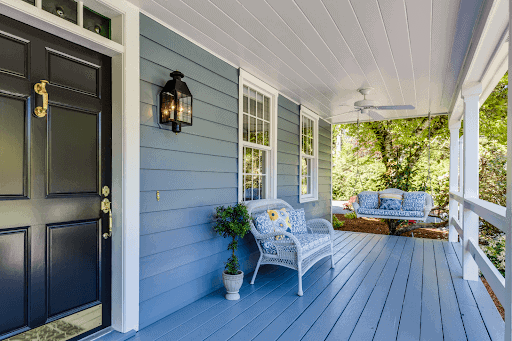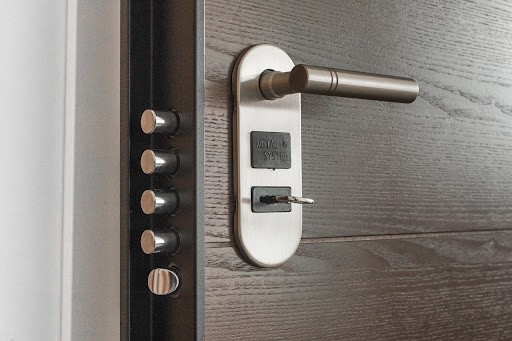The thought of living along can be both exciting and scary. On one hand, you can keep your home as clean or messy as you want, listen to music at maximum volume, sit in silence, or parade around the house in whatever clothes you please. Living alone allows complete control over your space and how you use it.
On the flip side, it also means you have to take your personal safety into greater consideration. Though living alone can sound dangerous, if you follow these simple precautions, you’ll get to enjoy your newfound independence with peace of mind.
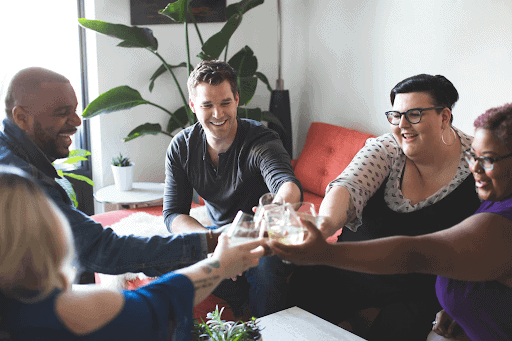
Connecting with Others so It’s Not Obvious You Live Alone
A large part of feeling safe when living alone is creating the appearance that you’re not alone.
One easy way to do this is by setting automatic timers on your lights. Most burglaries happen during the day when people are at work. By putting your lights on a timer, it will appear that someone is home even during the day. Motion sensored flood lights are also great to install. They’ll deter potential burglars, while making you aware of any activity outside your home.
It’s important to know your neighbors, especially when living alone. Make it an initiative to meet as many neighbors as possible. At the very least, get familiar with those living directly across from you and on either side of your home. Exchange numbers with your neighbors so you can keep each other informed.
In addition to knowing your neighbors, it’s helpful to have friends over frequently. Burglars and other threats are less likely to target a busy home. If you’re ever having maintenance work done, invite some friends over while the workers are present. Not only will this keep you safe, but socializing with others is an important part of mental health when you first move into your own place.
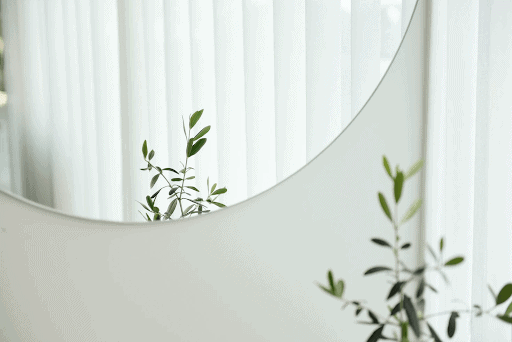
Best Practices for Home Safety
It may sound like an obvious statement, but don’t forget to lock your doors every time you leave the house – whether you’re gone for a few minutes or a few hours. When you’re inside your home, be sure to use the deadbolt to lock your doors. And, unless you’re trying to let in some fresh air, keep your windows closed and locked. You may also consider rekeying your locks, or installing an electronic lock for additional security.
Be sure to close your blinds and curtains, especially at night. This is an easy way for people to peer into your home. Along with closing the blinds, avoid keeping valuable items within sight.
Don’t neglect your peephole. Blindly opening the door to anyone that knocks can be dangerous for anyone, let alone someone who lives by themselves. Take it one step further by investing in a doorbell camera. This way, you can see what’s going on at your front step whether you’re home or not.
Store your neighbors contacts, on-site security, and any other trusted phone numbers in your favorites. You’ll be able to access emergency numbers (in addition to 911) quickly in a threatening situation. You may also consider sharing your location with those you trust.
Stay aware both inside and outside of your home. Avoid staring down at your phone or wearing headphones with loud music. Communicate with neighbors and stay on the lookout when you see signs of suspicious activity.
If you don’t already have a security system, you should install one as soon as possible. Even a doorbell camera, as mentioned earlier, will allow you to stay up to date when you’re away from home.
For a living security system, consider getting a guard dog. Not only will a furry companion ward off intruders, they’ll keep you company in your new home. Having a pet provides the comfort of a roommate, without the drawbacks of having to compromise with one.
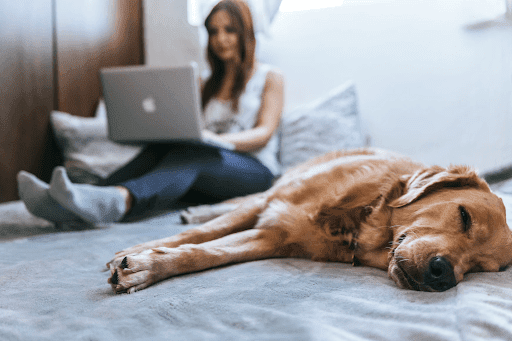
Living alone might sound scary, but all it takes is a few simple steps to keep you safe. Remember to connect with others, lock the doors and windows, and to stay aware of your surroundings. We hope these tips will give you the peace of mind to enjoy your home.
Looking to install a security system, rekey locks, or duplicate a house key? Your local Pop-A-Lock is here to help!

